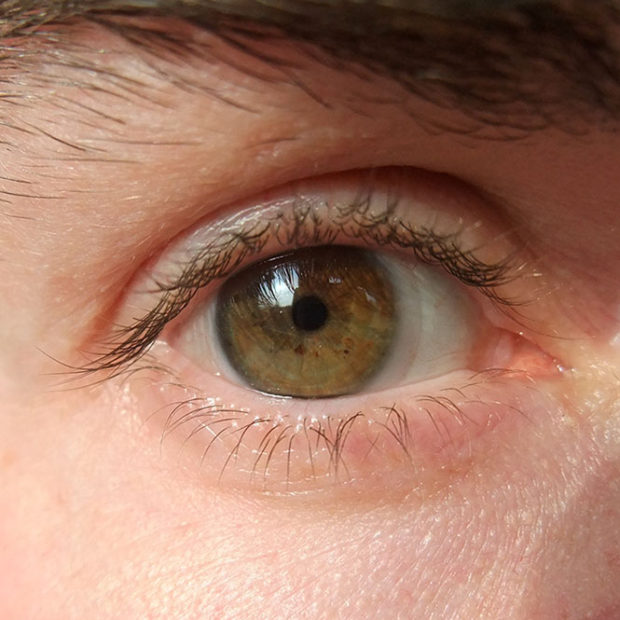Smart Contact Lenses?

It wasn’t so long ago that the idea of a smart contact lens seemed like the stuff of science fiction, but it’s pretty close to becoming science fact.
What exactly are smart contact lenses, and what would they be for? Let’s take a look at a few of the different possibilities we could be seeing in the not-so-distant future.
Contacts For Monitoring Blood Sugar
One application smart contacts will likely have is monitoring blood sugar levels of diabetics by measuring the amount of glucose in the tear film. When these become available, diabetics will be able to say goodbye to the daily finger prick test, because their contacts will be able to get the same information simply by wearing them!
Contacts For Eye Medication
In 2018, a team from Harvard Medical School developed contact lenses that can deliver medication directly to the eye over a period of days or weeks. These lenses could be used to treat eye diseases like glaucoma or help with the recovery from an eye surgery. How would you like to simply put in a contact lens instead of having to remember to use eye drops?
Smart Vision Correction For Presbyopia Patients
If you wear bifocals or progressive lenses, can you imagine wearing contact lenses that automatically adjust to help you see up-close or far away? That would mean no more lines across your vision, and you wouldn’t need to turn your head to see things at different distances. We look forward to hearing more about this kind of smart contact lens technology.
One day, we might even be able to wear computer screens on our eyes:
Obstacles To Smart Lenses
As exciting as this futuristic technology is, there are a number of roadblocks that make it incredibly complicated. It isn’t just about making smaller circuitry and computer chips — this stuff also needs to be wearable, breathable, see-through, and safe. It will be very exciting to see the kinds of smart contact lenses that come out, as well as the other ways that kind of technology could be used.
Find The Right Contact Lenses For You
While we wait for contact lenses that incorporate all kinds of amazing technology, we’ll still be wearing our regular contact lenses to help us see clearly. If you’re interested in switching to contact lenses or you have questions about contact lens care and safety, just give us a call!